- Echanges et mise en réseau
- Connaissance et apprentissage
- Plaidoyer
- Nos thèmes
Le Comité du Réseau Medicus Mundi Suisse rejoint la coalition de diverses organisations non gouvernementales suisses qui demandent une dérogation temporaire de l’accord sur les APDIC au niveau international afin de lutter contre la pandémie à travers le monde. Un acte de solidarité entièrement dans l’intérêt de la Suisse.
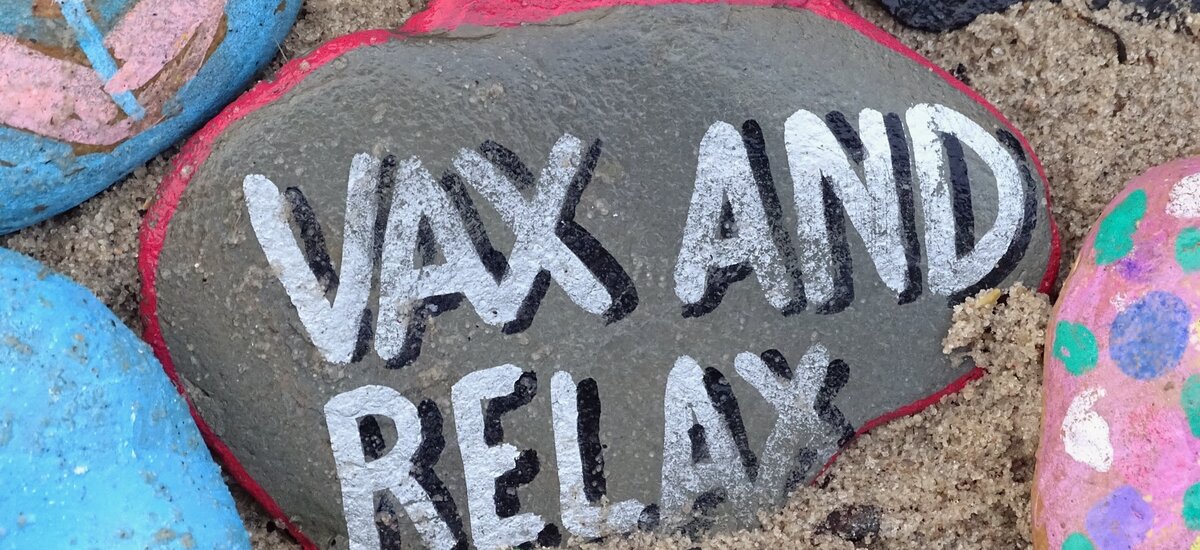
Naturellement, l’attention portée en Suisse sur la pandémie est largement portée sur nos actions politiques vis-à-vis de celle-ci, sur ses conséquences économiques et sur le sort de notre pays. La situation dans les pays d’Afrique australe a été reléguée au second plan - notamment parce que ces pays bénéficiaient manifestement d’un avantage démographique dans la première phase de la pandémie. Comme les jeunes occupent une place prépondérante au sein de la population, , ils sont moins affectés par les conséquences sanitaires du virus. Mais ce qui était vrai dans la première phase ne le demeurera pas nécessairement. Des rapports issus du petit royaume du Lesotho montrent que la situation peut changer soudainement en raison de la variante sud-africaine du Covid-19.
Dans ce contexte, ce n’est pas un hasard si l’Afrique du Sud en particulier, conjointement avec l’Inde, a demandé à l’Organisation mondiale du commerce (OMC) une dérogation temporaire de l’Accord sur les ADPIC. Si la requête était acceptée, chaque Etat membre de l’OMC pourrait décider de ne pas tenir compte de la propriété intellectuelle concernant les tests diagnostiques, les traitements ou les vaccins COVID-19 tant que durera la pandémie.
Quand bien même les questions sur les droits de propriété intellectuelle pour les produits pharmaceutiques déclencheraient par réflexe une résistance dans les pays dotés d’une forte industrie pharmaceutique, nous recommandons à la Suisse d’approuver cette demande. Car une telle démarche est entièrement dans son intérêt. En effet, pour mettre un terme à la pandémie, il est essentiel que les autorités sanitaires à travers le monde disposent des outils de dépistage, de traitement et de vaccination. L’assouplissement proposé ci-dessus le permettra. L’insuffisance actuelle de l’approvisionnement en vaccins en Europe montre à quel point il est crucial que la production soit élargie à davantage de fabricants dans le monde.
Pour cette raison, le Comité du Réseau Medicus Mundi Suisse a décidé de cosigner une lettre lancée par Public Eye et Amnesty International à l’attention du Conseil fédéral.
Martin Leschhorn Strebel
Réseau Medicus Mundi Suisse
E-Mail
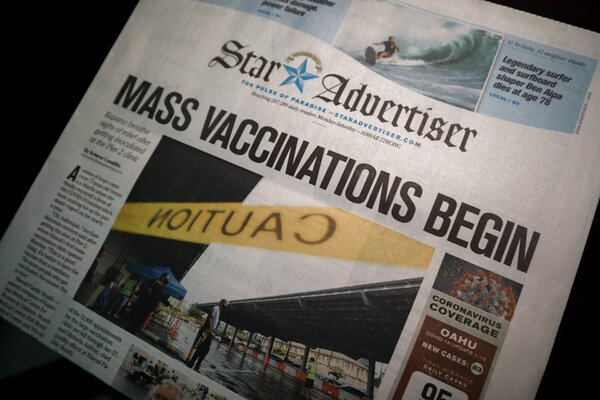
Lettre ouverte : accès aux traitements et vaccins anti-COVID-19
Le régime actuel de propriété intellectuelle freine la distribution et l’accès aux vaccins contre le Covid-19 à travers le monde. Dans une lettre commune, Public Eye et Amnesty ainsi que près de 20 organisations de la société civile suisse demandent au Conseil fédéral de soutenir la proposition de dérogation aux règles internationales en matière de propriété intellectuelle afin de permettre une production décentralisée et démultipliée des moyens de lutte contre le Covid-19.

The poorest countries are missing out on adequate doses of vaccines – and the health implications should concern us all
"Nine months ago world leaders were queueing up to declare any Covid-19 vaccine a global public good. Today we are witness to a vaccine apartheid that is only serving the interests of powerful and profitable pharmaceutical corporations while costing us the quickest and least harmful route out of this crisis." By Winnie Byanyima, UNAIDS

Learning from other National Societies - Case Studies
"For many girls in Malawi, managing their menstruation every month continues to be a challenge due to a lack of access to information, MHM (menstrual hygiene management) products, and adequate WASH facilities – particularly in schools.The Malawi Red Cross Society (MRCS), with support of the Swiss Red Cross, conducted research to explore the MHM knowledge, attitudes and practices and associated influencing factors of both female and male students in primary schools in rural Malawi. This learning document is a collection of experiences from Red Cross Red Crescent National Societies in menstrual hygiene management (MHM)."
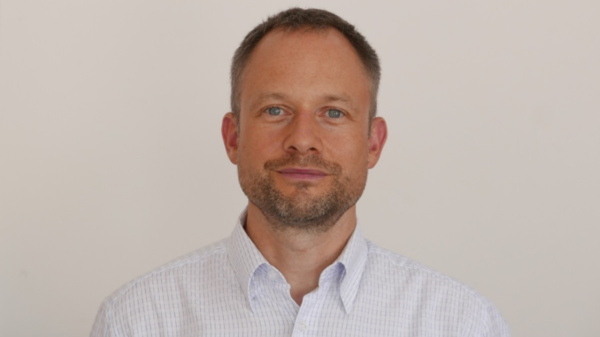
Communiqué de presse
Daniel Suda-Lang est le nouveau directeur chez Handicap International Suisse à compter du 1er février 2021. Il remplace Marco Kirschbaum qui occupait cette fonction depuis 2018. Spécialiste en management de projets sociaux et d’équipes pluridisciplinaires, et après plus de dix ans d’expériences dans le domaine de l’inclusion sociale et professionnelle de personnes vulnérables, Daniel était depuis 2020 notre responsable des financements institutionnels et fondations.
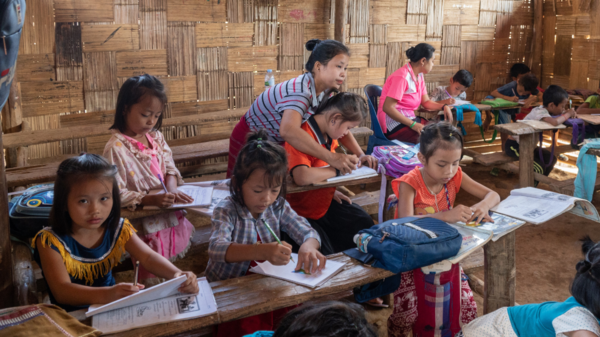
Suite à une étude menée au Burkina Faso, au Mali et au Niger, nous alertons sur l'exclusion des filles handicapées de l'école. Dans le monde entier, les femmes handicapées ont trois fois plus de chance d'être analphabètes que les hommes non handicapés. Afin de mobiliser le public sur ce problème majeur, nous vous invitons à signer la pétition #School4all : tous les enfants ont droit à l’éducation.
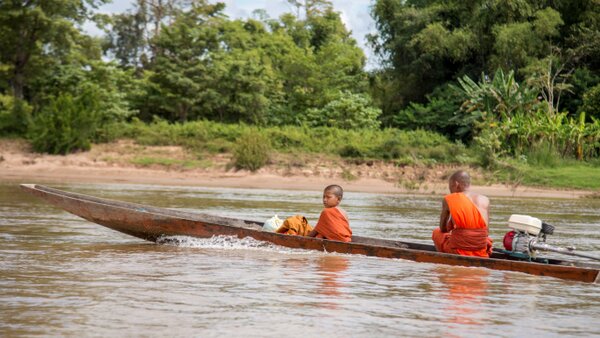
The unprecedented progress made in global health over the past 20 years is being threatened by the COVID-19 pandemic. In a recent publication in Infectious Diseases of Poverty, researchers at Swiss TPH and partner institutions draw the attention of the neglected tropical disease community towards some of the major emerging economic opportunities that have arisen as a response to tackle the pandemic.

Le Podcast MMS « Santé pour tous » vous présente des histoires de personnes qui se battent pour l’égalité des sexes, la santé pour tous et un monde de justice et d'espoir. La première saison du podcast MMS « Santé pour tous » dresse le portrait de six personnes qui travaillent dans les domaines de la santé sexuelle et des droits et qui s'engagent à briser les tabous sur la sexualité, l’inégalité des sexes et les droits de l’homme. spécialisés dans les droits humains dans la lutte contre les violations de ces droits humains et pour la protection des droits des personnes LGBTI et des personnes vivant avec le VIH. Carine Weiss s'entretient avec des experts de la santé publique.
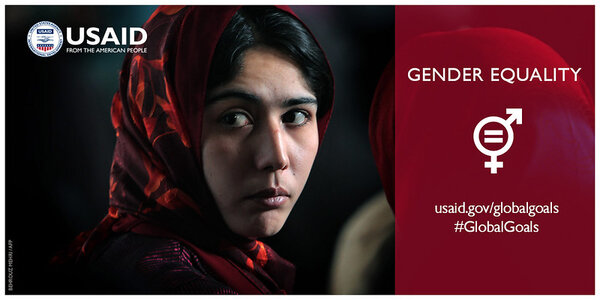
New 17-Country Survey on Gender Equality 2021
"Gender equality and girls’ and women’s health and rights are central to a future that delivers for everyone. But achieving gender equality isn’t a women’s issue. It’s a societal issue, and all people have a role to play in achieving it. Governments, civil society, and the private sector must leverage this historic moment to drive meaningful change for gender equality within countries and organizations. To this end, Focus 2030 and Women Deliver co-led a public opinion survey to harness the power of citizens’ opinions and experiences to inform and influence commitments and actions around the Generation Equality Forum. (...) The survey covers 17 countries from six continents."
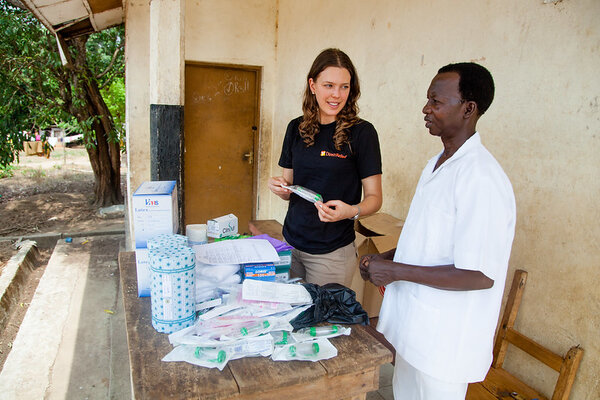
"In 2020, the Global Fund signed 157 grants for a total of US$8.54 billion for lifesaving HIV, TB and malaria programs and to strengthen systems for health. This is the highest amount of grants ever signed in a single year by the Global Fund. The grants will begin implementation this month. “This is an exceptional achievement that will help more than 100 countries continue the critical fight against HIV, TB and malaria – epidemics that kill more than 2.3 million people every year,” said Peter Sands, Executive Director of the Global Fund. “As the COVID-19 pandemic overwhelms health systems around the world, it is now more important than ever that we ensure countries have the resources they need to fight HIV, TB and malaria and to strengthen the systems for health needed to respond to all four diseases.”
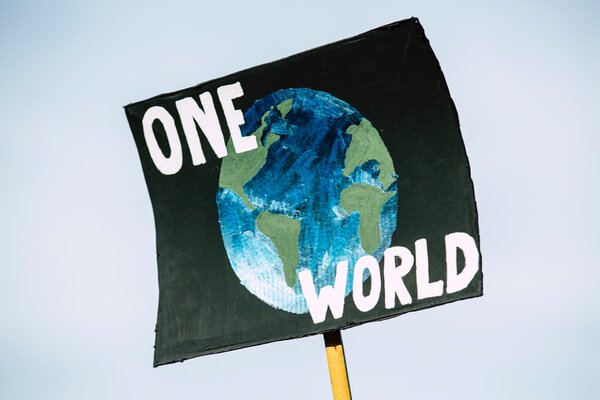
Med in Switzerland #27 janvier 2021
Comme pour la Covid-19, les effets du changement climatique sur la santé mondiale sont difficiles à imaginer intuitivement mais sont scientifiquement prévisibles. Lors de la crise de la Covid-19, nous avons été contraints de modifier des comportements que nous n’avions pratiquement jamais remis en question pour des raisons de commodité. Il a été démontré qu’agir prématurément s’avère payant. Outre les épreuves qu’elle a apportées, l’année 2020 nous a appris ce qui est vraiment crucial pour une bonne qualité de vie. Si nous ne nous contentons pas de rejeter l’année 2020 comme une période noire pour revenir au « courant normal », mais que nous nous laissons aussi guider par ces expériences, une triple victoire est à portée de main : l’amélioration de la santé publique, la création d’une économie durable et la protection de l’environnement. Un appel de Martin Röösli et Martina Ragettli du Swiss TPH.
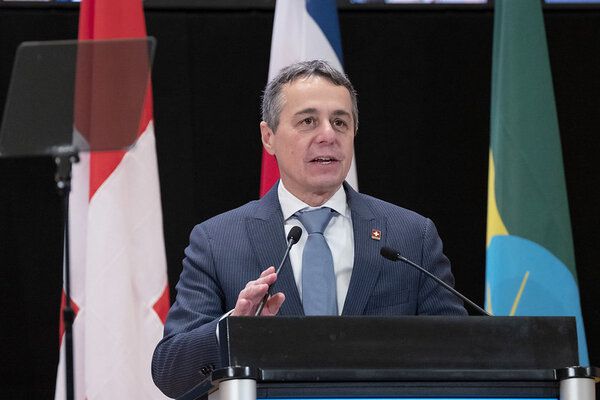
Hilfswerke unter Druck
"Der Schweizer Aussenminister verbietet Hilfsorganisationen, Bildungs- und Informationsarbeit in der Schweiz mit Bundesgeld zu finanzieren. Sein Entscheid könnte auch die Landwirtschaftslobby treffen. (...) Der Entscheid trifft auch das Schweizerische Rote Kreuz, wie Direktor Markus Mader bestätigt. Die Sensibilisierungs- und Bildungsarbeit der NGOs zu entwicklungsrelevanten Themen sei wichtig, kritisiert er. «Wir vom Schweizerischen Roten Kreuz haben an unseren Einsatzorten im Ausland Einblicke, die die meisten Menschen in der Schweiz nicht haben», so Mader. «Die Aufklärungsarbeit, wie wir sie verstehen, ist keine politische Arbeit, sondern stärkt gemäss der Präambel unserer Bundesverfassung Frieden in Solidarität und Offenheit gegenüber der Welt.»
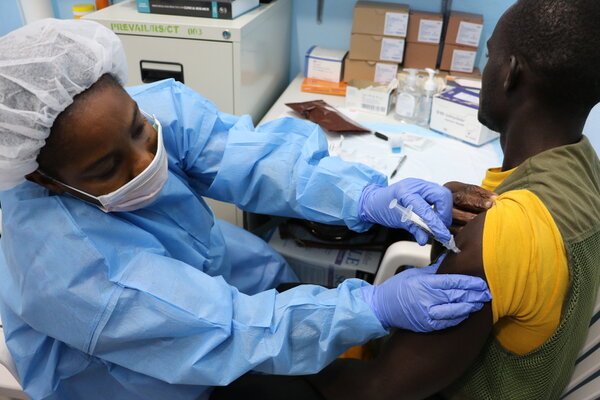
Une nouvelle étude publiée dans le Lancet analyse des programmes du FM dans 10 pays différents
La mesure selon laquelle les programmes du Fonds mondial de lutte contre sida, la tuberculose et le paludisme (FM) contribuent à la sécurité sanitaire mondiale et à la prévention pandémique a été analysée pour la première fois. À de nombreuses reprises, le FM a été critiqué pour son approche verticale qui n’investit pas suffisamment dans la mise en place de systèmes de santé durables et, de ce fait, dans la sécurité sanitaire et la prévention pandémique. La présente étude parvient à un résultat différencié. Elle confirme au FM une importante contribution, par ex., dans le renforcement de l’infrastructure médicale de plusieurs pays, dans la lutte contre la résistance globale aux antibiotiques ou par le biais d’investissements dans des programmes pilotes destinés au développement de vaccins. L’étude arrive à un moment où le scepticisme vis-à-vis du recours à l’aide internationale augmente et où les budgets d’aide au développement sont sous pression pour livrer des résultats tangibles.
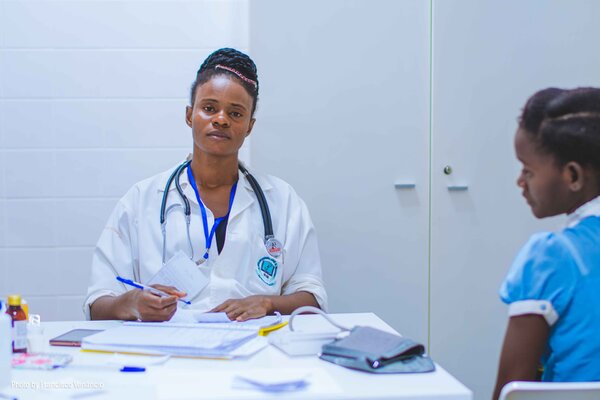
Étude réalisée par l'Institut Tropical et de Santé Publique Suisse (Swiss TPH), l’Université de Bâle, l’UCL de Londres, l’Université de Johannesbourg et le ministère de la santé et du sport du Myanmar
La présente étude analyse les conditions préalables qui sont nécessaires afin que les systèmes de santé, notamment dans les pays à faible et moyen revenu, puissent résister aux défis en cas d’événements soudains, tels que l’actuelle pandémie de COVID-19. L’étude expose, à l’aide du concept de résilience, quelles caractéristiques clés présentent les systèmes de santé qui sont mieux préparés à des événements inattendus. La résilience étant considérée comme une aptitude qui peut être acquise sur la base d’un processus de réflexion et d’apprentissage. L’étude plaide pour que la priorité soit accordée à la mise en place de systèmes de santé résilients et ce, pour mieux maîtriser de futures crises mondiales et minimiser les dommages causés par une prochaine pandémie possible.

Health security and sustainable financing concern member states at WHO Board
"For months experts and critics have been exhorting WHO and its member states to use the organization’s constitutional mandate specifically its treaty-making powers to deftly address the urgency of the pandemic. Mostly critics want WHO to use its constitutional powers to quell the pandemic and to address the difficult issue of access to medicines, for example, given the glaring inequities in the access to vaccines during the current pandemic."

"This past year has been a lesson in the challenges of predicting. For the global development community, the best laid plans of the so-called “Decade of Action” had to be shelved as the coronavirus pandemic swamped every other issue. Maybe this year will be no different. Nonetheless, it’s worth it to at least try to look ahead and see what may be coming in 2021 for global development leaders and practitioners alike. Here are seven things to look out for."
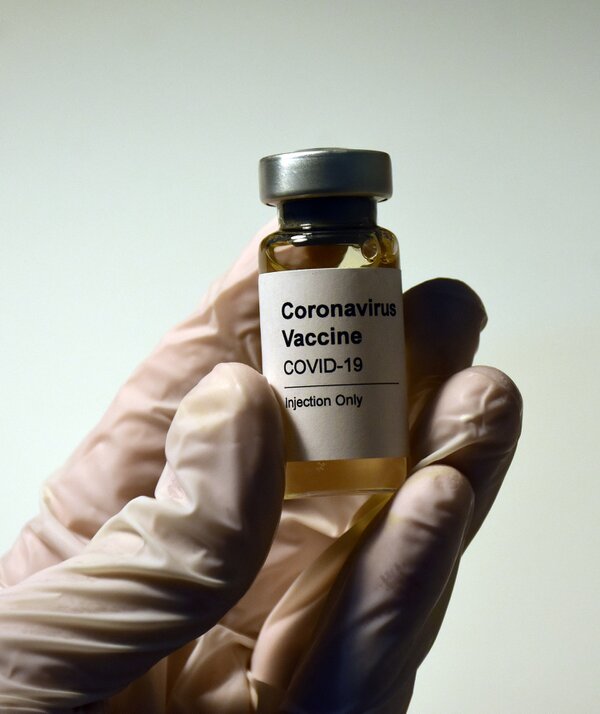
This collection of articles launched at the Prince Mahidol Awards Conference (PMAC) in January 2021
"The covid-19 pandemic is a stark reminder of the importance of equity and solidarity. As we move forward, it is vital that we explore the drivers of the pandemic, learn from the global response, and become more prepared for the future. This collection of articles analyses some of the major global issues arising from the pandemic, including the political economy of the response, the role of international institutions, overwhelmed health systems, the role of social determinants, the value of indices of preparedness, and the need for all countries to act together to reduce inequality, protect health, and organise a more effective response to climate change."
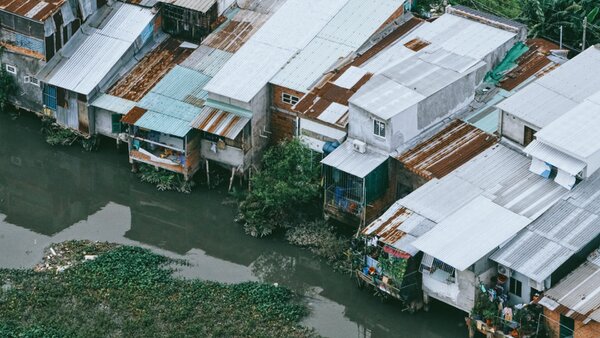
Le dernier rapport d’Oxfam dévoile dans quelle mesure la pandémie de COVID-19 renforce les inégalités sociales
Le fait que la pandémie va faire grimper les inégalités dans le monde entier, et ce avec des effets très pernicieux, préoccupe énormément. À vrai dire, la Banque mondiale s’était attendue à ce qu’en 2020 le nombre de personnes extrêmement pauvres baisse de 31 millions. Au lieu de cela, on estime à 88 millions le nombre de personnes supplémentaires dont la limite de revenu est passée à moins 1,90 dollar par jour. Désormais, leur nombre total est à nouveau aussi élevé qu’en 2015. Et, comme le développe le rapport actuel d’Oxfam, le nombre de personnes confrontées à la pauvreté pourrait atteindre à nouveau le niveau pré-pandémique dans une décennie seulement. La pandémie a démontré que la perte d’un mois de salaire plonge la plupart des personnes vivant sur la planète dans la misère. Contrairement à cela, la fortune des personnes les plus riches a augmenté de plusieurs milliards dans le monde entier, et ce, malgré la pandémie. Après une brève chute, le soutien sans précédent des gouvernements de nombreux pays a fait bondir la bourse des valeurs et, ce faisant, a fait gonfler la fortune des milliardaires tandis que l’économie réelle connaît une importante récession.
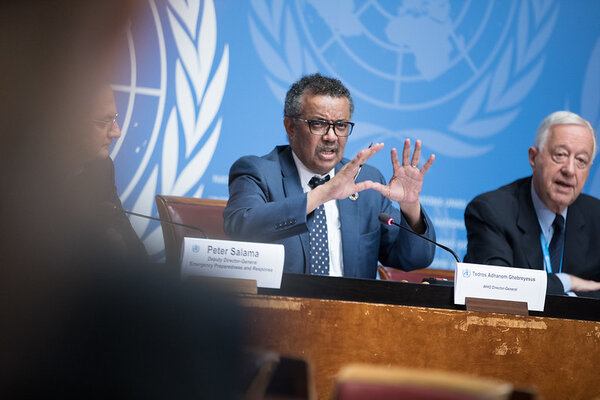
"The world is on the brink of “catastrophic moral failure” in sharing COVID-19 vaccines, the head of the World Health Organization said on Monday, urging countries and manufacturers to spread doses more fairly around the world. WHO Director-General Tedros Adhanom Ghebreyesus said the prospects for equitable distribution were at “serious risk” just as its COVAX vaccine-sharing scheme aimed to start distributing inoculations next month. He noted 44 bilateral deals were signed last year and at least 12 have already been signed this year."
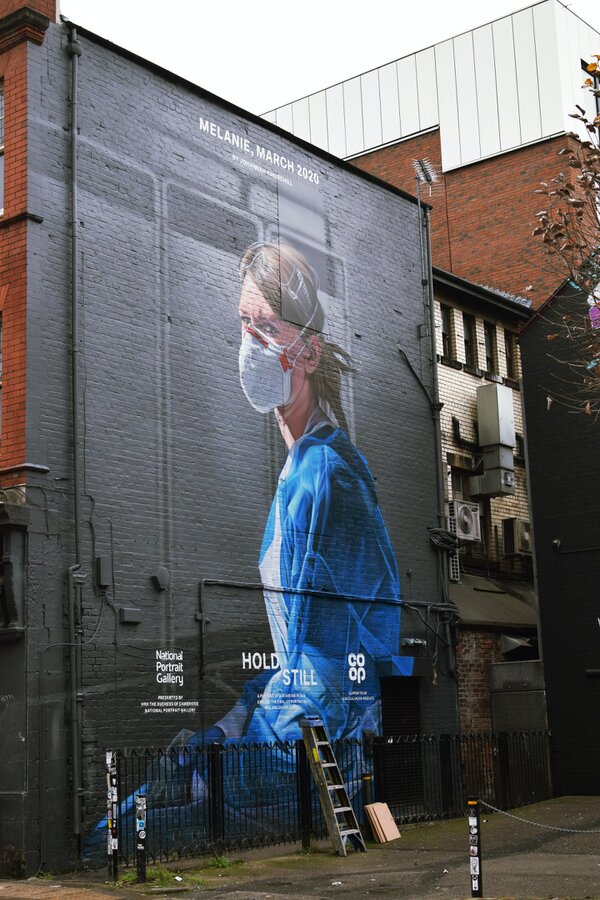
Prepared by the Independent Panel for Pandemic Preparedness and Response for the WHO Executive Board, January 2021
"The COVID-19 pandemic has been much more than an outbreak of a new infectious disease. The direct health impact seen in the number of people infected and deaths caused has been magnified by substantial indirect impacts on essential health and other services and on people’s livelihoods and well-being. Across the planet, people have died, families have been left bereft, and societies and economies reshaped.Stark inequalities have been laid bare within and between countries. Progress towards the Sustainable Development Goals has been halted and even reversed. The worst of the pandemic and its impact are yet to come as we write at the beginning of January 2021.
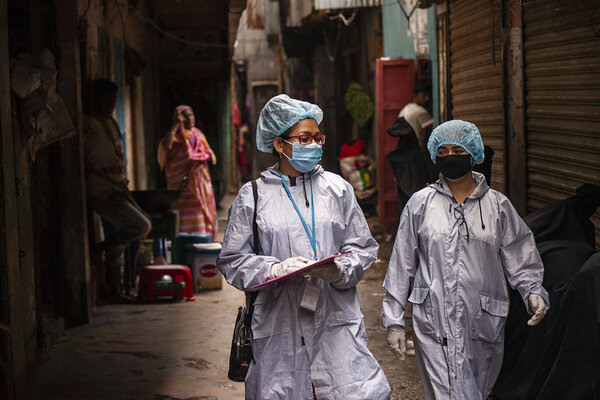
About BRAC an international NGO from Bangladesh
"When COVID-19 started spreading, BRAC International was able to play a major role in countries like Bangladesh, where it has its roots, and Afghanistan, where it set up COVID-19 screening centers and provided direct support to hospitals in Helmand province. But in places like the Philippines, where it wished to play a bigger role, its response was limited. (...) BRAC, considered the world’s largest NGO, is aiming to expand its partnerships and engage more in advocacy work to scale its impact. If there’s one theme the pandemic has surfaced, it’s the importance of working together, says the executive director."
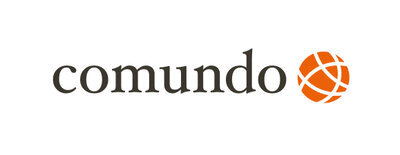
Einsatzland: Peru; Vertragsdauer: 2-3 Jahre
Zu Ihrem beruflichen Hintergrund in der Sozialwissenschaft bringen Sie Know-how in Monitoring mit, um diese Fähigkeiten im Team von CAAAP aufzubauen. - Procedimiento para la aplicación Antes de aplicar por escrito, le recomendamos contactar con Comundo y participar en uno de los eventos informativos de su región. Recibirá informaciones más amplias sobre el procedimiento de aplicación, sobre las condiciones de los intercambios, sobre la remuneración y otros beneficios. Más información en nuestra página web: www.comundo.org
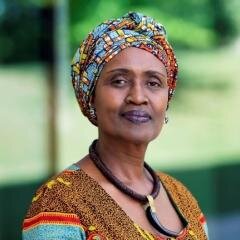
Graduate Institute Geneva - Global Health Centre A viral video from the Cost of Inequality panel at the World Economic Forum in 2019 made waves when economist Rutger Bregman and Winnie Byanyima eloquently voiced frustration at elite participants who spoke about philanthropy while avoiding the topic of tax justice and worker rights. Two years later, the Covid-19 pandemic has exposed the magnitude of global income inequality and how this shapes access to health care for those most marginalised. Join us for a frank conversation with Winnie Byanyima, now Executive Director of UNAIDS about what has changed and what has not in inequality and global health.
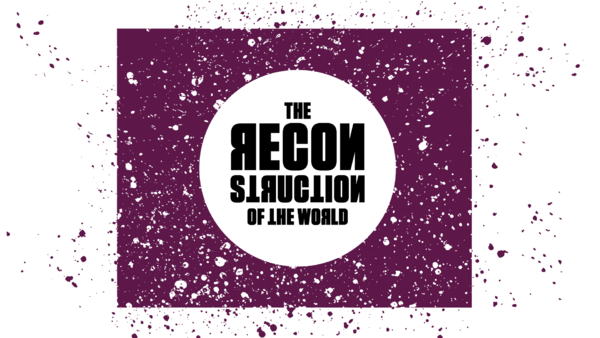
medico international Eine Konferenz nicht nur zur miserablen Lage der Welt, sondern auch und vor allem zu den Möglichkeiten ihrer Rekonstruktion zu einem Ort, den zu bewohnen sich endlich lohnen wird. In Vorträgen und Foren geht darum, das Verhältnis von Hilfe, Solidarität und Politik aus dem Versprechen zu bestimmen, das wir uns in der Erklärung der Menschenrechte selbst gegeben haben: Das Versprechen einer globalen und sozialen Ordnung, in der die uns allen zuerkannten Rechte voll verwirklicht wären.
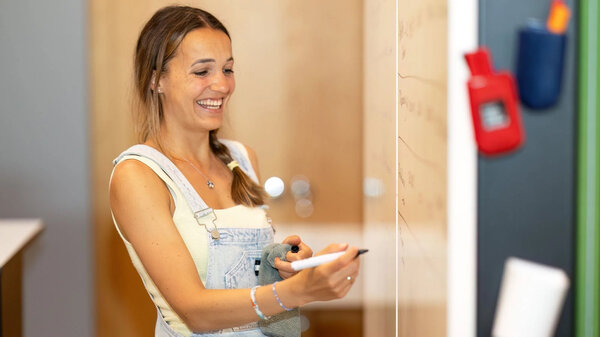
Swiss TPH The Diploma of Advanced Studies in “Health Care and Management: From Research to Implementation” (DAS HCM) course provides international participants with the core competencies for understanding and reacting to health challenges at a world-leading institute in global and public health. Participants acquire a range of skills and knowledge needed to work as a public health professional in resource-constrained settings. With a focus on practical application and interactive training, multinational participants benefit from engaging with experts from various fields and with a diverse student body to advance their position in the health sector. - The DAS HCM can either be conducted full-time over 14 weeks or in a modular way over 2 – 3 years by doing a Certificate of Advanced Studies in “Health Research and Interventions” (CAS HRI) and a Certificate of Advanced Studies in “Health Systems and Management” (CAS HSM) and the final oral exam of the DAS HCM. The DAS HCM also serves as the core course for those who wish to pursue a Master of Advanced Studies International Health (MAS IH).
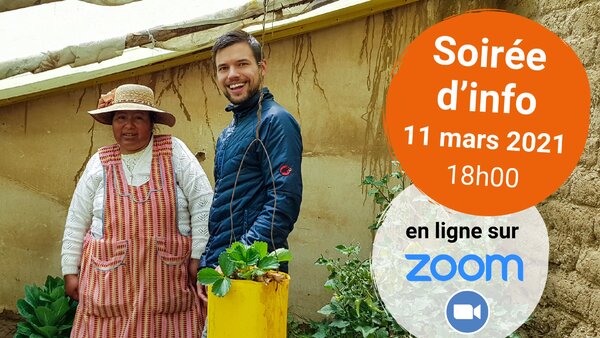
Comundo Vous envisagez de vous engager comme coopérant·e international·e ? Nous recherchons constamment des professionnel·le·s de domaines variés, qui peuvent s’engager pour plusieurs années en Amérique latine ou en Afrique. Nous organisons régulièrement des séances d'information en Romandie, en ligne ou présentiel. Nous y présentons notre offre et vous rencontrons pour discuter et répondre à vos questions.
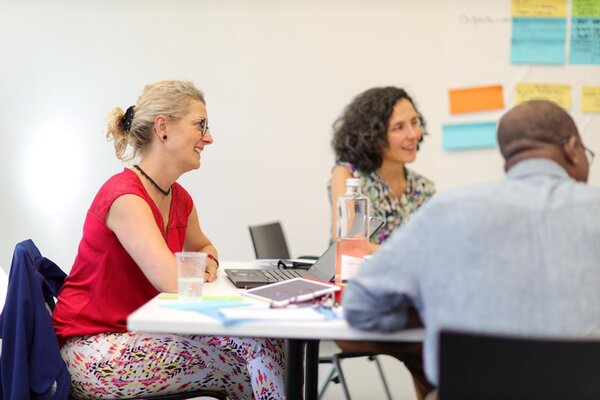
Swiss TPH This course provides participants with an overview of the building blocks of international health and focuses on topical issues confronting managers in the field. Participants will gain a basic understanding of health systems in an ever-changing globalised world; changes that undoubtedly have an impact on the cultural, environmental, social, economic and behavioural factors that affect health. Participants will have the chance to analyse some of these changes and assess their implications for specific areas of work towards achieving the Sustainable Development Goals. They will do this by working with case studies in diverse teams, reflecting on the application of relevant concepts and techniques in a given environment, and enhancing their skills in applying a systems approach to selected health topics.